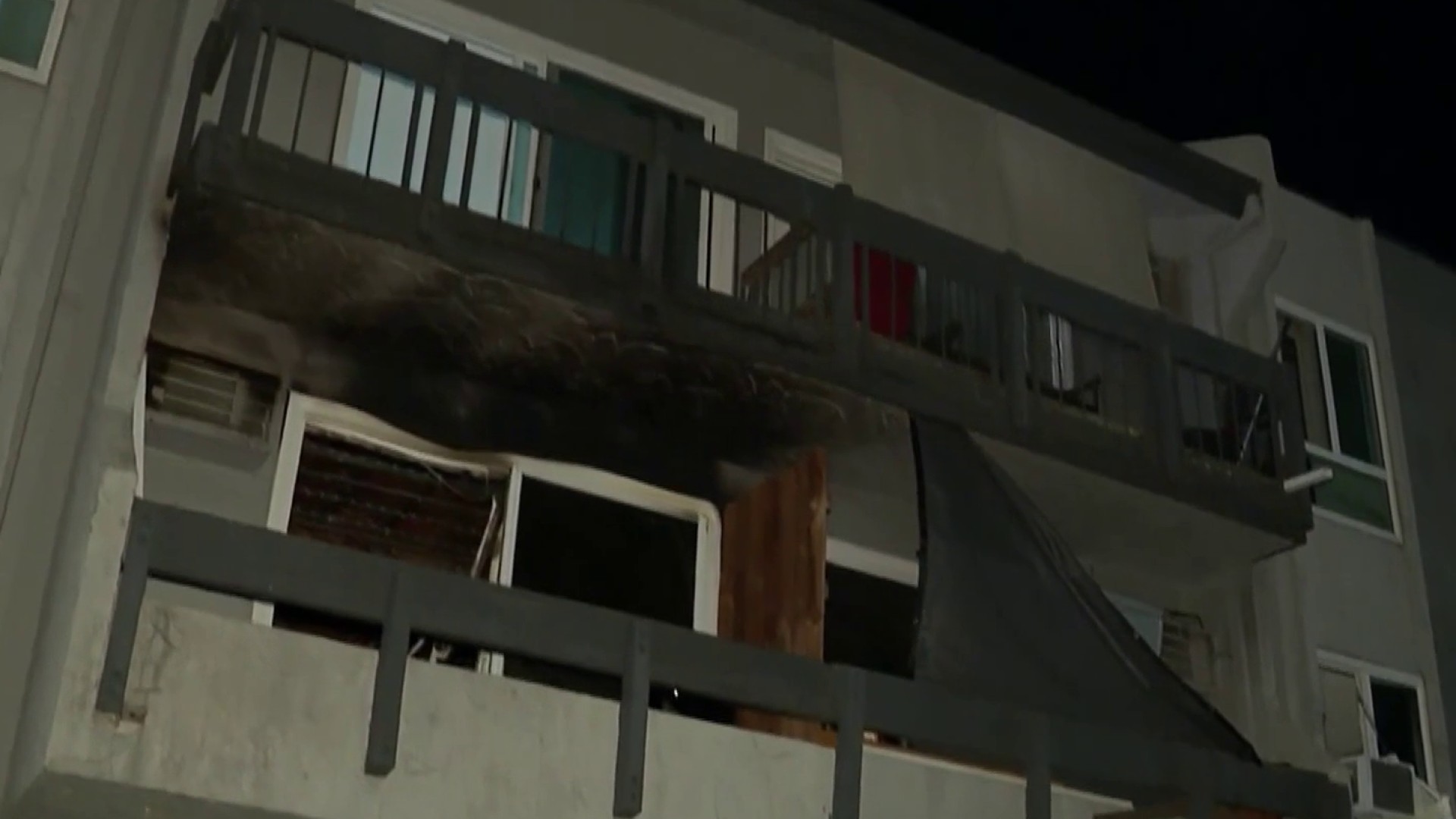The Los Angeles City Council gave tentative approval Wednesday to a ban of living in cars in residential areas and near parks and daycare facilities.
The ordinance would still theoretically allow people who live in their cars to park their vehicles in commercial and industrial zones.
City Council members who supported the proposed ordinance said Wednesday that the ban would replace an existing ban that was in effect citywide but was deemed unconstitutional.
However, several attorneys and homeless advocates warned that the new ban could still run afoul of the rights of the homeless. They raised concerns that the proposed ordinance, which includes citations ranging from $25 to $75 for violations, would be a financial hardship on homeless people and make homelessness into a crime.
They argued that the infraction penalties could add up, especially if court dates are missed or there are several violations. They also said the ban could invite new lawsuits, similar to those that invalidated other city laws targeting the homeless.
Under the proposed ordinance, parking for habitation purposes would be prohibited from 9 p.m. to 6 a.m. along residential streets with both single-family and multi-family homes. The restriction would apply all day for any street that is within a block of a school, park or daycare center.
The ordinance would end after about 18 months, which city officials said would give them time to come up with an alternative homeless parking plan, such as one modeled after a Santa Barbara "safe parking" initiative that allows the homeless to park in parking lots.
News
Top news of the day
The ordinance is being opposed by a few council members, including Joe Buscaino and Nury Martinez, who say they represent communities with more industrial and commercial zones than other areas, so the ordinance would likely drive more homeless people to their districts.
The ordinance, which was approved 11-1 with Buscaino casting the dissenting vote, is expected to return to the City Council for final consideration.
Buscaino said Wednesday he prefers a vehicle-dwelling policy that would allow individual districts or neighborhoods to "opt-in" to allowing people to live out of their cars.



